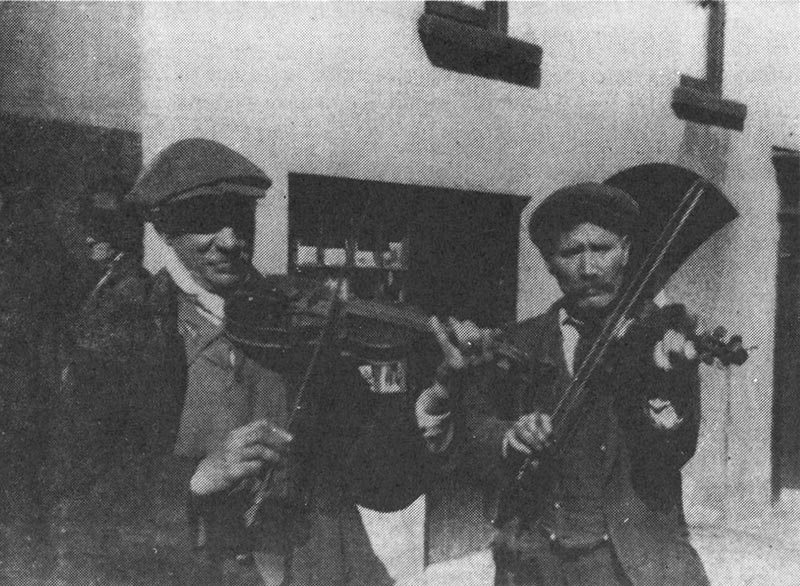Editorial
The Society has made significant progress since the first issue of ULLANS appeared last Spring. The membership has grown steadily and is now just under two hundred. We can claim to be the only organisation that exists exclusively to promote all aspects of the Ulster-Scots language and culture. Given the importance of each of the main traditions in Ulster (Irish, English and Scots) it is remarkable that only the Irish and English dimensions are formally recognised by government. In the forthcoming year we will be seeking appropriate representation on those bodies which exist to encourage and fund activities celebrating our cultural diversity. We have every wish to see European and government funding increase for Irish language and cultural activities, but there is no reason why Ulster-Scots should not also benefit, and receive parity of support.
During the year positive links were forged with those involved with lobbying for support for minority languages at home and abroad. Representation was granted for Ulster-Scots on the Northern Ireland Sub-Committee of the United Kingdom Committee of the European Bureau for Lesser-Used Languages. We now await confirmation from Europe that Ulster-Scots/Ullans is formally recognised to be a “European Lesser-Used Language” within the United Kingdom — along with Irish Gaelic, Scots Gaelic, Welsh and Lallans (Lowland Scots in Scotland).
Our Chairman, Dr Ian Adamson, visited the President of the Society, Professor R J Gregg, in Vancouver during the year, and returned encouraged and enthused by the academic support given for our endeavours. Professor Gregg has also agreed to become Rector of the Ulster-Scots Academy which our Society has launched during the year. This Ullans Academie is to be based on the model of the Fresian Academy in Holland and will be a resource centre for Ulster-Scots literature, as well as a teaching and learning centre for the language itself. Much depends, of course, on the level of funding made available. It is amazing that Ulster-Scots has not been taught in schools here for over 400 years and yet it still survives as a vigorous spoken language. We can even boast an incredibly rich (although inaccessible) literary tradition. One of our objectives is to “re-establish the dignity of Ulster-Scots as a language with an important part to play in our cultural heritage”. Part of this mission is to forge a place for Ulster-Scots as a serious language subject within the schools curriculum — at least in the traditional Ulster-Scots speaking areas.
Many of our members will already be aware of these important developments through our newsletter Kintra Sennicht (the first and only publication as far as we know which uses Ulster-Scots as its principle language). Reading and writing skills in Ulster-Scots have, understandably, become somewhat degenerate after 400 years of erosion in the face of schooling in English. Please don’t feel backward in your attempts to express yourself in a language that you might only be familiar with in the spoken form. There are no ‘right and wrong’ ways to do this. Your contributions could even help the Academy to establish standards, for example with regard to spellings. Even if Ullans has not been spoken in your own household for generations, — but your ‘soul still sings’ in Ulster-Scots, — your efforts will not be decried.
The theme of Ullans 1 was ‘plants’, and in this second volume we turn to ‘animals and insects’. We also continue some features (such as Robert Huddleston, and our ‘Notes and Enqueeries’ section) but have also introduced some new features (such as the Burns Comer). A profile of Professor Gregg is also given, and in this a brief outline of his work in identifying the Ulster-Scots speaking areas within Ulster will be helpful to anyone trying to understand the basic question — “What is Ulster-Scots?”

Country fiddlers playing in the street — thought to he on a fair day in Ballymena in the late 1920s.

